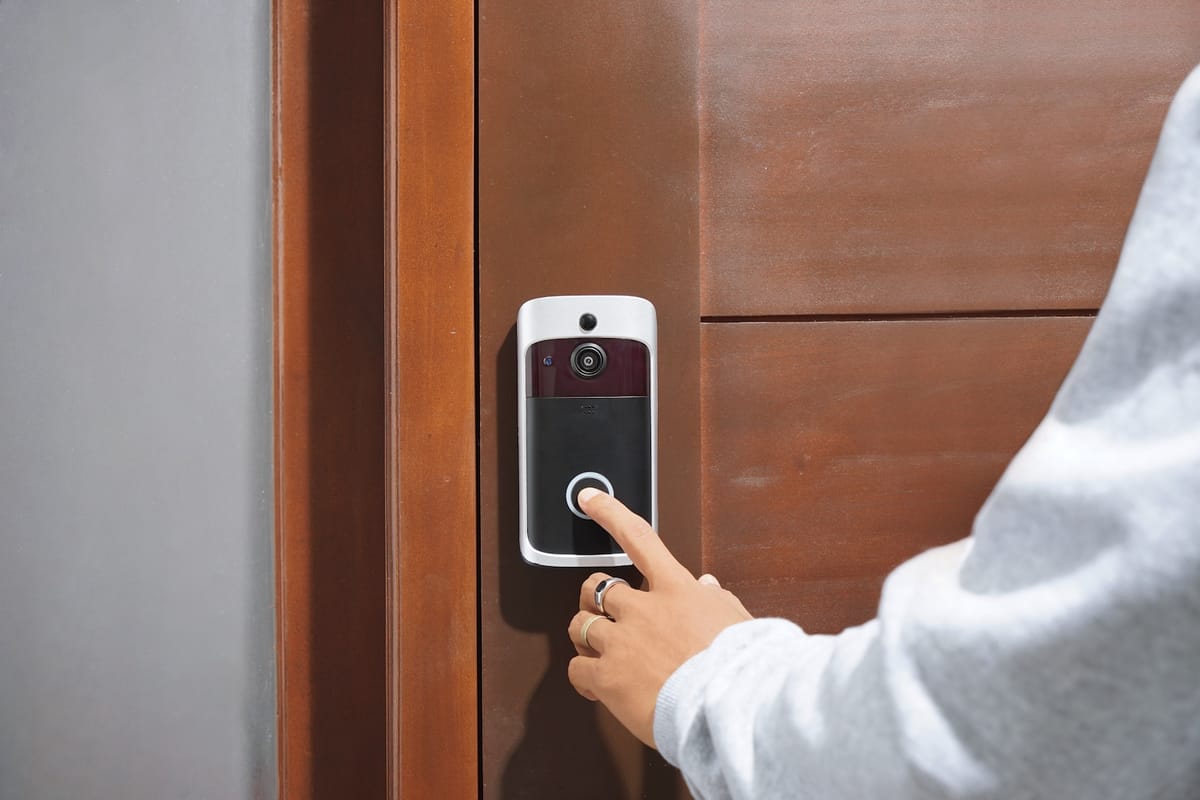

Choosing the Right DIY Home Security System
In today's world, home security is more important than ever. But with so many options available, it can be overwhelming to choose the right system for your needs. Luckily, there are plenty of DIY home security systems that are easy to install and affordable. These systems offer a range of features, from basic motion sensors to advanced video monitoring, allowing you to customize your protection based on your budget and preferences.
When selecting a DIY home security system, consider factors like:
- Ease of Installation: Look for systems that are user-friendly and require minimal technical expertise.
- Monitoring Options: Decide if you want professional monitoring or self-monitoring.
- Features: Choose a system with features that meet your specific needs, such as motion sensors, door/window sensors, video cameras, and smart home integration.
- Price: Compare pricing for different systems, including monthly subscription fees for professional monitoring.
Top 10 DIY Home Security Systems
Here are 10 of the top-rated DIY home security systems available today:
- SimpliSafe: Known for its user-friendly interface and affordable pricing, SimpliSafe offers a range of customizable packages and features. It's a great option for those who want a simple and reliable system.
- Ring Alarm: Ring is a popular choice for its integration with Amazon Alexa and its wide range of smart home devices. The Ring Alarm system is easy to install and offers a variety of features, including video doorbell and security cameras.
- ADT Self Setup: ADT is a well-known name in the security industry, and its self-setup system offers professional monitoring and a wide range of features. It's a good option for those who want the peace of mind of professional monitoring.
- Frontpoint: Frontpoint is another popular DIY home security system that offers professional monitoring and a variety of features. It's known for its reliable service and its user-friendly app.
- Vivint Smart Home: Vivint offers a comprehensive smart home system that includes security features, home automation, and energy management. It's a good option for those who want a complete smart home solution.
- Abode: Abode is a flexible DIY home security system that offers both self-monitoring and professional monitoring options. It's known for its customizable features and its integration with other smart home devices.
- Concierge Security: Concierge Security offers a unique approach to home security, combining professional monitoring with a personal concierge service. It's a good option for those who want a more personalized experience.
- Scout Alarm: Scout Alarm is a cellular-based home security system that offers reliable connectivity and a wide range of features. It's a good option for those who want a system that's not dependent on Wi-Fi.
- Qolsys IQ Panel 2: Qolsys IQ Panel 2 is a powerful home security system that offers a wide range of features, including Z-Wave and Zigbee compatibility. It's a good option for those who want a highly customizable system.
- Honeywell Lyric: Honeywell Lyric is a smart home security system that offers a variety of features, including home automation and energy management. It's a good option for those who want a system that integrates seamlessly with their smart home devices.
Factors to Consider When Choosing a DIY Home Security System
When choosing a DIY home security system, it's important to consider your individual needs and preferences. Here are some key factors to keep in mind:
- Budget: DIY home security systems vary in price, so it's important to set a budget before you start shopping. Consider the cost of the system itself, as well as any monthly subscription fees for professional monitoring.
- Features: Different systems offer different features, so it's important to choose one that meets your specific needs. Consider features like motion sensors, door/window sensors, video cameras, and smart home integration.
- Ease of Installation: Some systems are easier to install than others. If you're not comfortable with DIY projects, choose a system that offers professional installation or at least provides clear and concise instructions.
- Monitoring Options: Decide if you want professional monitoring or self-monitoring. Professional monitoring provides 24/7 surveillance and can dispatch emergency services if necessary. Self-monitoring allows you to receive alerts on your smartphone or other devices.
- Customer Support: Choose a system with reliable customer support in case you have any questions or need assistance. Look for companies that offer 24/7 support and have a good reputation for customer service.
Tips for Installing a DIY Home Security System
Once you've chosen a DIY home security system, it's important to install it correctly to ensure it's effective. Here are some tips for installing your system:
- Read the Instructions Carefully: Before you start installing your system, read the instructions carefully and make sure you understand how to install each component.
- Choose the Right Location for Sensors: Place your sensors in strategic locations to maximize coverage. For example, place motion sensors in areas where intruders are likely to enter, such as doorways and windows.
- Test Your System Regularly: Once your system is installed, test it regularly to make sure it's working properly. This will help you identify any problems early on and ensure your system is providing adequate protection.
- Consider Additional Security Measures: In addition to a DIY home security system, consider other security measures, such as installing security cameras, motion-activated lights, and door/window locks.
A DIY home security system can provide peace of mind and protect your home from intruders. By choosing the right system and installing it correctly, you can create a secure environment for yourself and your family. Remember to consider your individual needs and preferences when choosing a system, and don't hesitate to seek professional help if you're not comfortable with DIY projects.
Dues are $12 per year. Member benefits:
✅ Ad-Free Website Viewing
✅ Advocacy for Republican Seniors
✅ 120+ Senior Discounts
✅ Member Only Newsletters